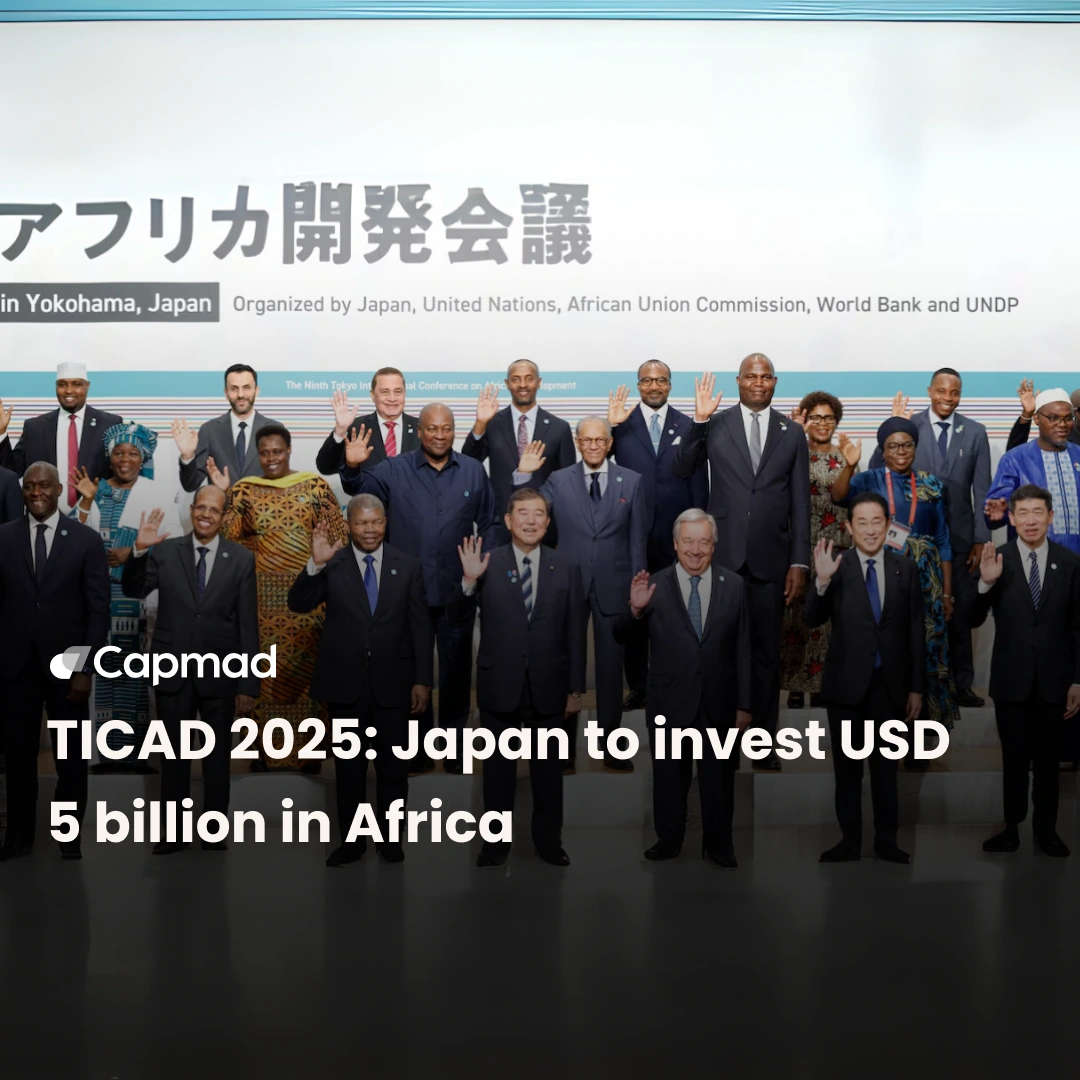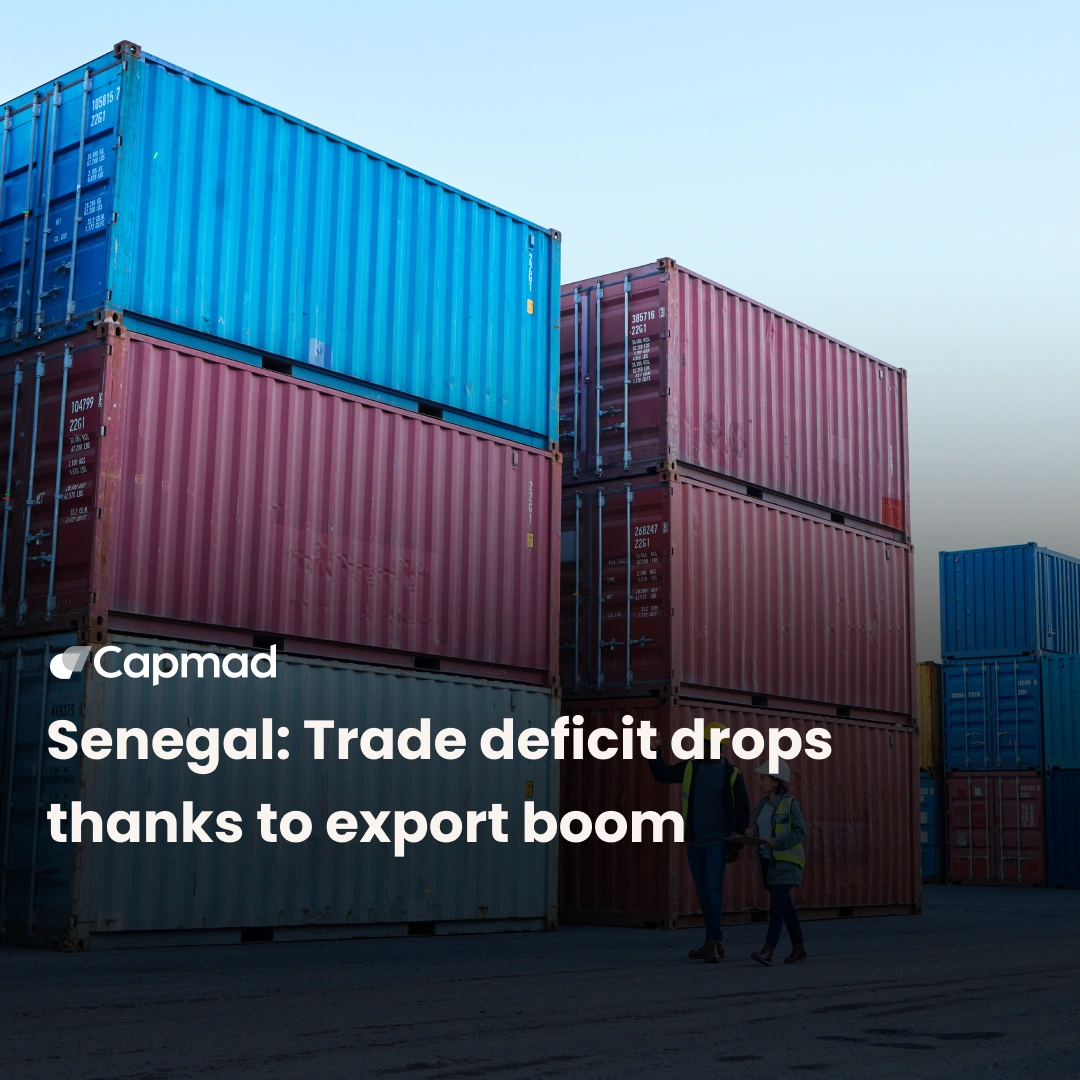Between 2004 and 2018, 30 African countries signed resource-backed loans worth 66 billion USD. Now, AFRODAD and SADC are joining forces to strengthen Africa’s debt sustainability by cushioning heavily indebted countries.
Strengthening debt sustainability in Africa
The African Forum and Network on Debt and Development (AFRODAD) has signed a debt sustainability pact with the Southern African Development Community Parliamentary Forum to protect governments from over-indebtedness.
The decision aims to strengthen financial stability and debt management strategies across Africa. The continent’s total external debt reached 1,130 billion USD in October last year. Heavily indebted African countries continue to face difficult trade-offs between costly debt servicing, meeting high development needs and stabilizing national currencies.
Public debt has increased in at least 40 African countries over the past decade. As a result, some face a poor combination of high debt and high development spending needs in the context of fiscal deficits and unfavorable exchange rate pressures.
A plea for better financial policy in Africa
The agreement consolidates the commitment of both organizations to work together to advocate sound financial and debt management policies, particularly in light of the myriad challenges facing African countries. The partnership seeks to reinvigorate its capacity to respond to political, economic, and social imperatives by providing technical assistance to African governments and parliaments.
At the heart of this initiative is the adoption of the SADC Model Public Financial Management (PFM) Act, which lays the foundations for achieving the objectives set out in the Abuja Treaty to establish a sound African financial architecture.
« Effective financial governance is essential for sustainable development and the realization of socio-economic rights. Our collaboration with AFRODAD through this groundbreaking MoU is poised to promote sound financial and debt management practices, laying the foundation for a model climate action act anchored in sustainable financial commitments », says the Secretary General of the SADC Parliamentary Forum, Hon. Boemo Sekgoma.
Interest rates : The main cause of worsening debts
Debt problems have become more pressing since 2022. In particular, when persistently high inflation prompted major central banks in Africa to embark on the most aggressive monetary tightening campaign in decades. Monetary tightening occurs when central banks raise interest rates.
Since then, global interest rates have risen even higher, pushing up external loan repayments and adding to the debt burden accumulated over the past decade.
AFRODAD’s debt challenges
Echoing Sekgoma’s sentiments, AFRODAD Executive Director Jason Rosario Braganza underscores the transformative potential of the collaboration. « This partnership is a critical step in strengthening our shared commitment to responsible debt management and sound financial systems. By leveraging our collective expertise, we aim to empower parliaments and stakeholders to play a leading role in shaping policies focused on climate action and financial sustainability », he said.
The signing of the MoU is an important step in positioning Africa as a proactive force for sustainable development and climate justice. Through concerted efforts, the SADC Parliamentary Forum and AFRODAD aim to empower governments, engage citizens and elevate good financial governance in Africa as a cornerstone of management across the continent.
Late last year, the President of the African Development Bank Group, Akinwumi Adesina, warned that the tightening of monetary policies in the United States and Europe would lead to higher interest rates. As a result, Africa’s external debt servicing costs have risen significantly.
These combined effects have put 25 African countries at risk of high debt or debt distress. « As a result, external debt service payments due for 16 African countries will rise from 21.2 billion USD in 2022 to 22.3 billion USD in 2023 », Akinwumi said.
China has become a key player in African countries’ debt, with a growing percentage of debt now in the form of resource-backed loans.
Africa’s External Debt Ranking
Kenya ranks third among African countries in terms of public debt to gross domestic product (GDP). According to the World of Statistics, Kenya’s debt-to-GDP ratio is 67.3 %. Eritrea ranks first among the most indebted African countries at 164 %.
Moreover, according to data from the Central Bank of Kenya (CBK), public debt reached USD 73 billion in December. This debt is made up of 36 billion USD in domestic debt, 303 million USD in state-guaranteed debt, and 37 billion USD in foreign debt.
South Africa ranks second among African countries, with 67.4 %. Nigeria ranks fourth with 38 %, the only four countries on the list. On the other hand, the Democratic Republic of Congo has the lowest public debt/GDP ratio in Africa, at 15.2 %. Burundi follows closely at 15.9 % and Botswana at 18.2 %.







